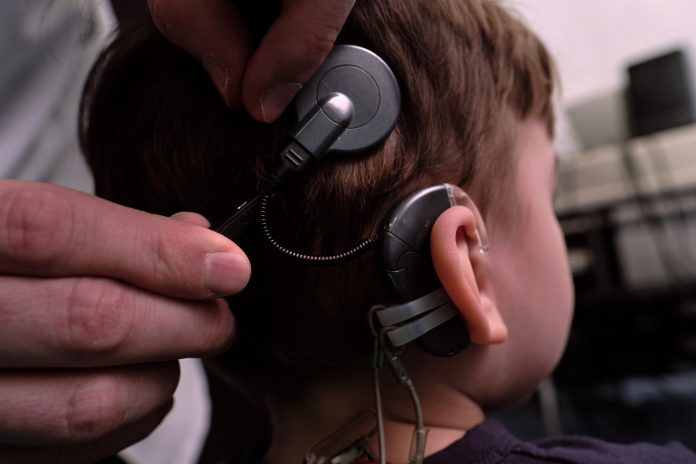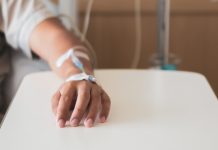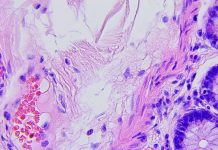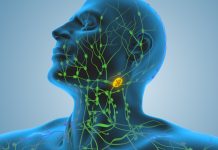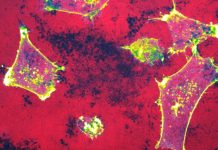Scientists at St. Jude Children’s Research Hospital have discovered that hearing loss in childhood cancer survivors is associated with an increased risk for neurocognitive deficits
Scientists from St. Jude Children’s Research Hospital evaluated 1,520 childhood cancer survivors and found that more than one-third had severe hearing loss and were at an increased risk for neurocognitive deficits due to exposure to neurotoxic therapies during treatment.
Hearing assessment
The work relied on hearing assessments gathered through the St. Jude Lifetime Cohort study where long-term childhood cancer survivors are brought back to the hospital for regular health screenings. Findings from the study help survivors learn more about their health needs while providing insights into the late effects of childhood cancer treatment.
Hearing aids
Senior author Kevin Krull, Ph.D., of St. Jude Epidemiology and Cancer Control, said: “Even patients not exposed to neurotoxic therapies who develop mild hearing deficits can have problems with their neurocognitive skills. This makes it important to identify these patients early and suggest interventions to help improve their hearing and thus their neurocognitive outcomes.”
Hearing aids are often recommended to assist with treatment-related hearing lost yet only 23% of the 330 survivors with severe hearing loss were consistently using the devices. Research in individuals who are born with hearing loss suggests that hearing aids can improve neurocognitive outcomes but more research is needed to determine if this is the case for childhood cancer survivors and to better understand barriers that prevent hearing aid use.
The study’s other authors include Wei Liu, Pia Banerjee, Tara Brinkman, Daniel Mulrooney, Amar Gajjar, Alberto Pappo, Thomas Merchant, Gregory Armstrong, Deokumar Srivastava, Leslie Robison and Melissa Hudson, all of St. Jude.
The research was funded in part by grants from the National Institutes of Health (CA195547 and CA21765) and ALSAC, the fundraising and awareness organization of St. Jude and is published in JAMA Oncology.
Original source:
https://www.eurekalert.org/pub_releases/2020-07/sjcr-jbp072820.php

